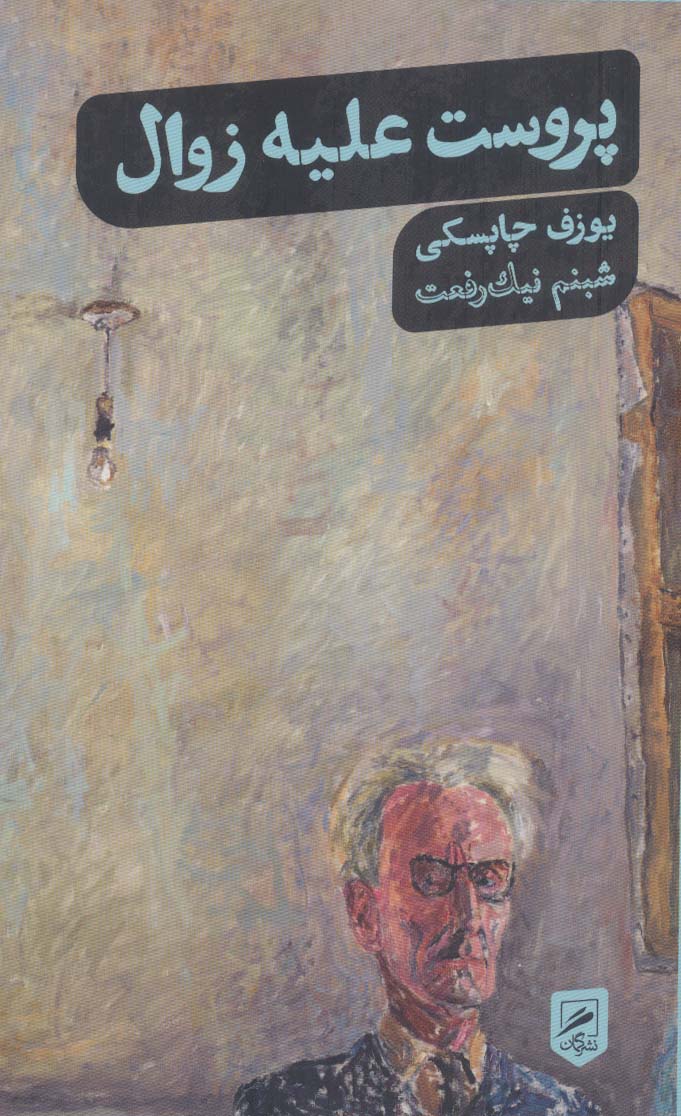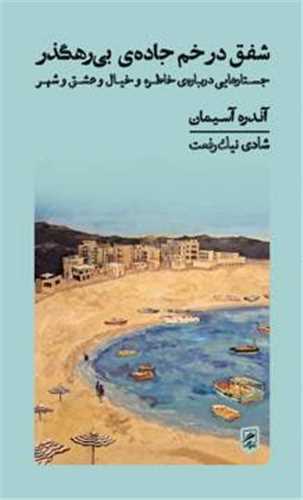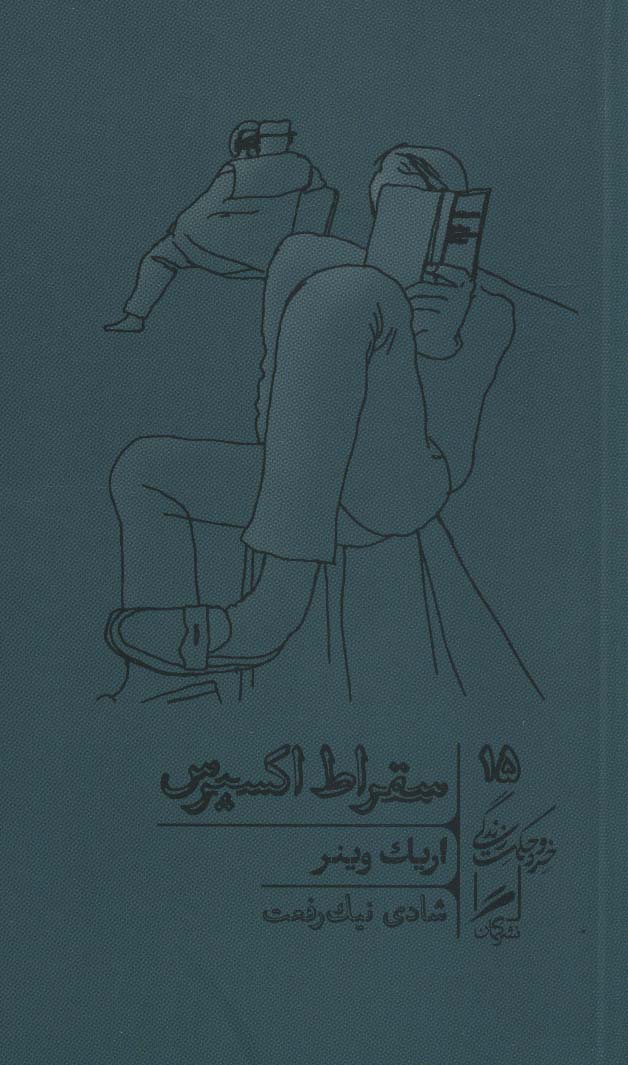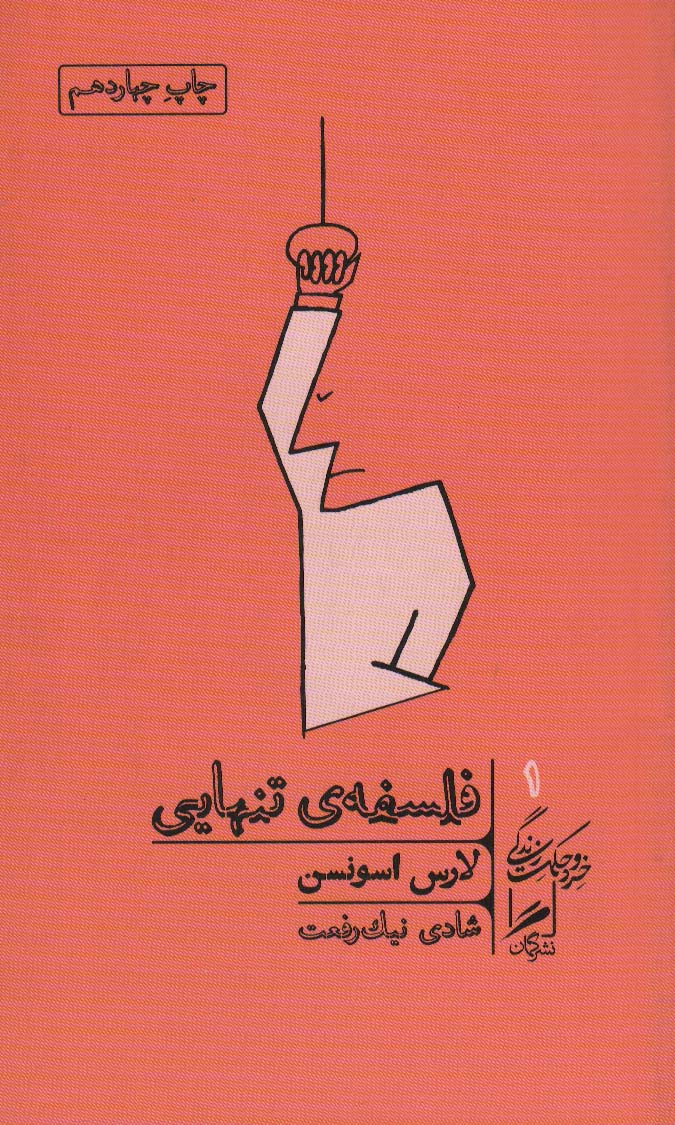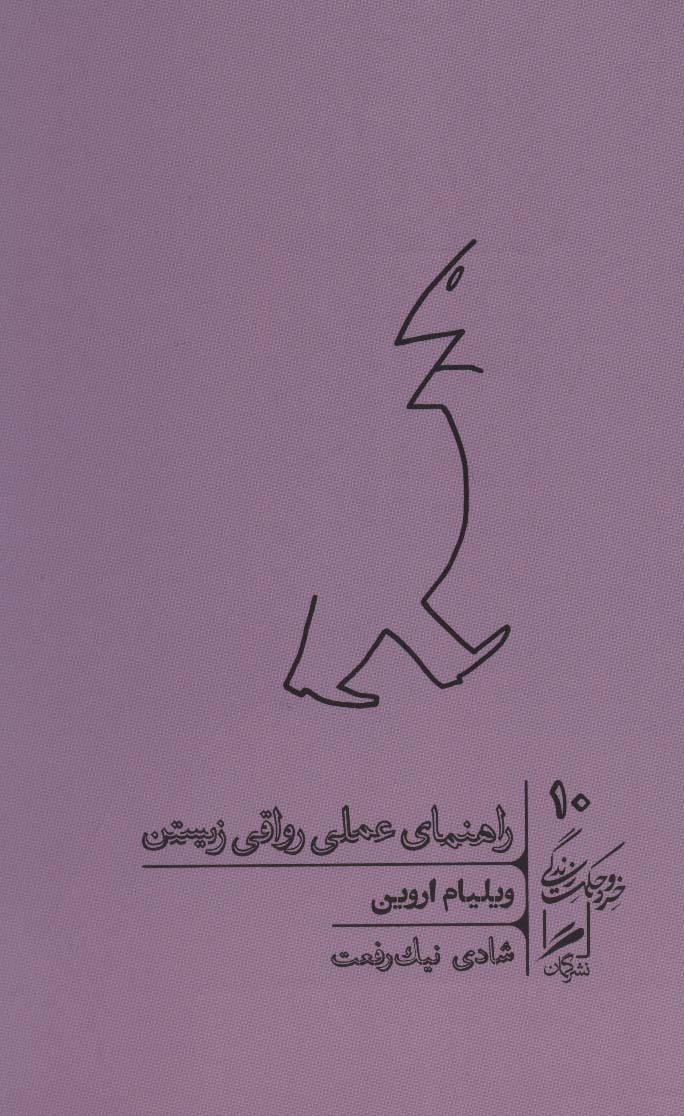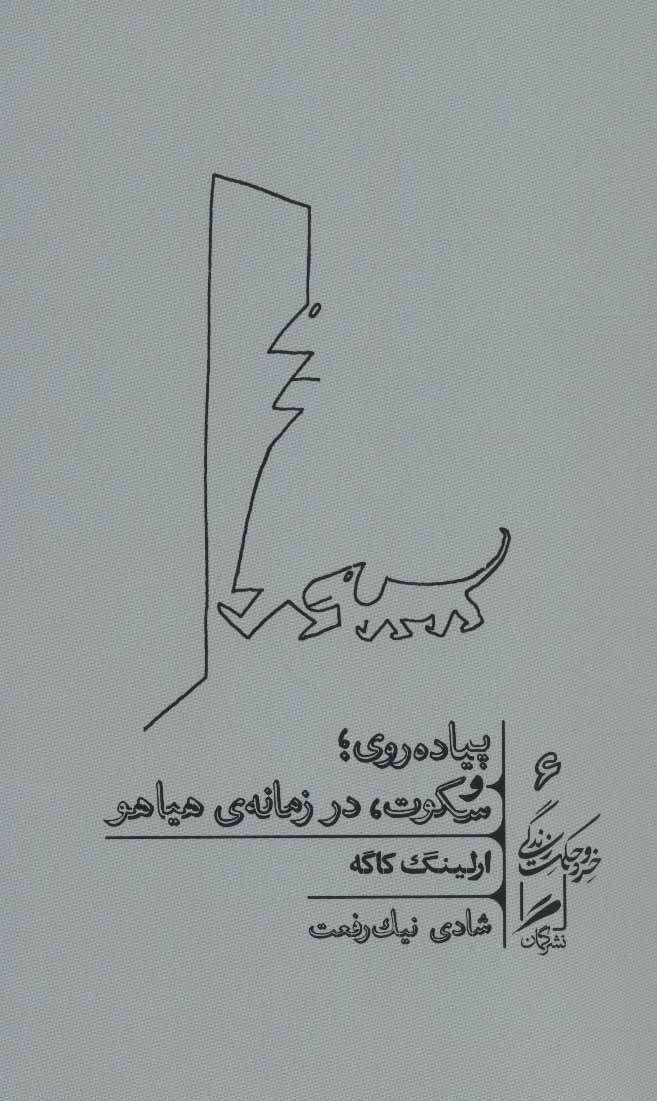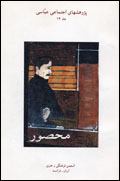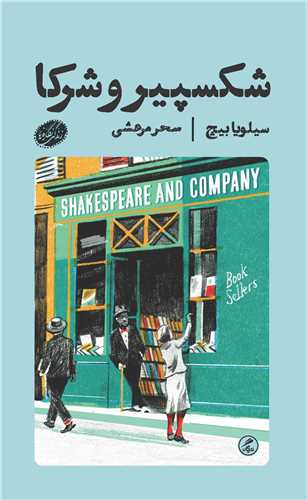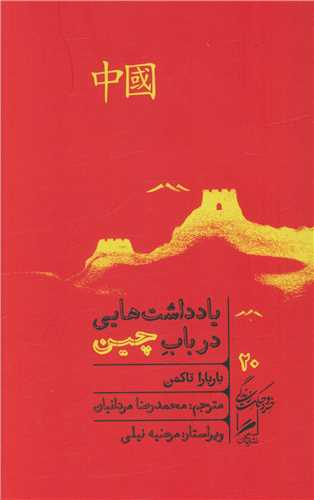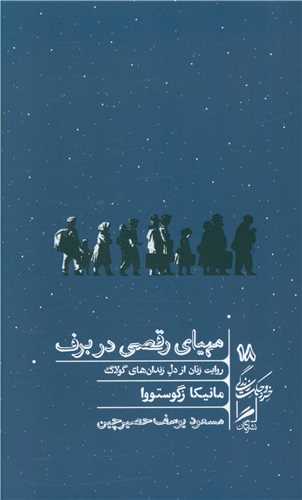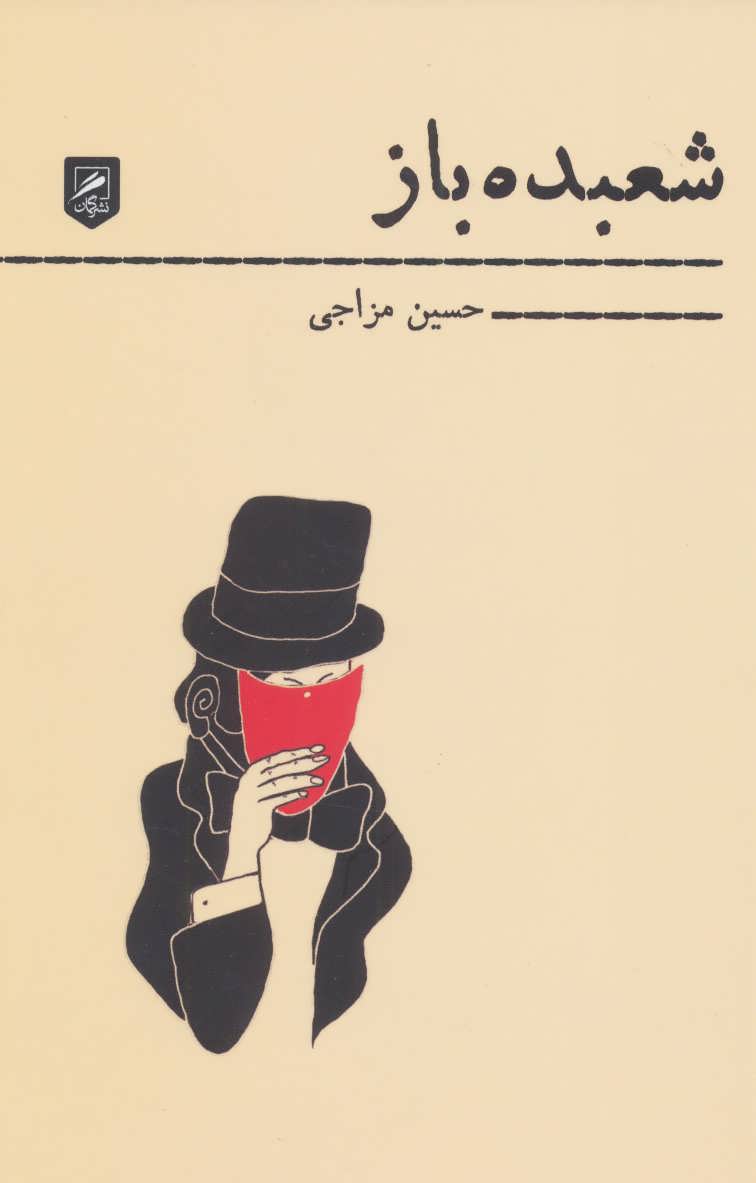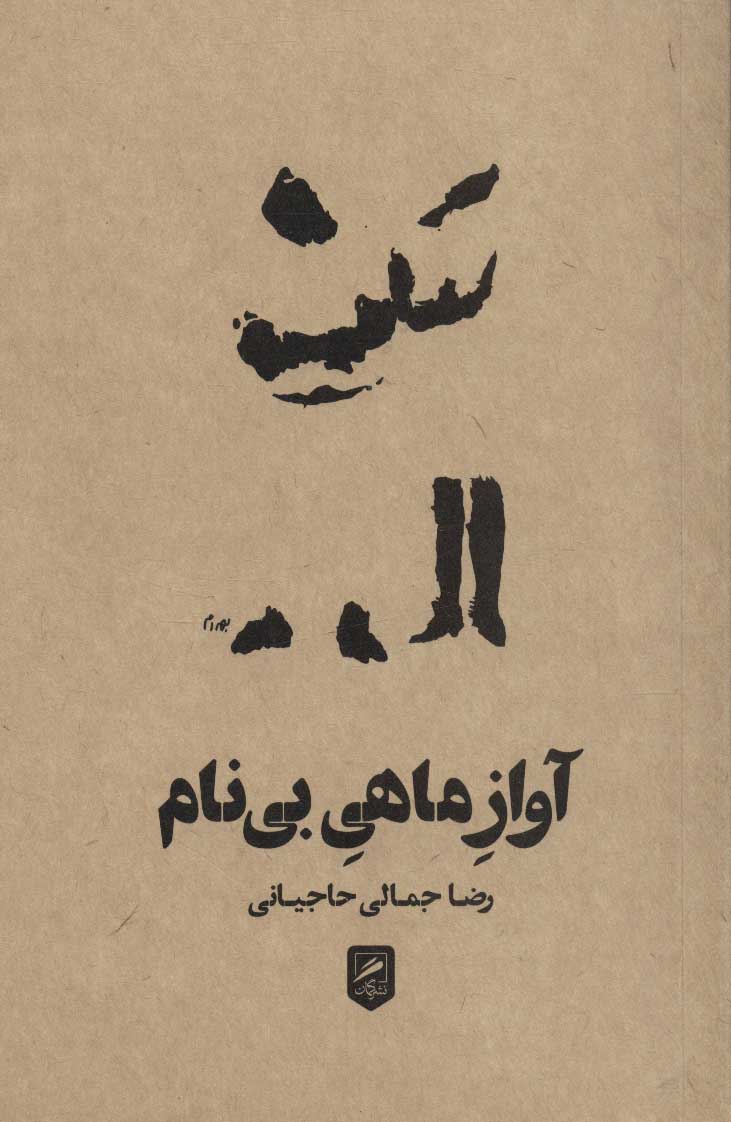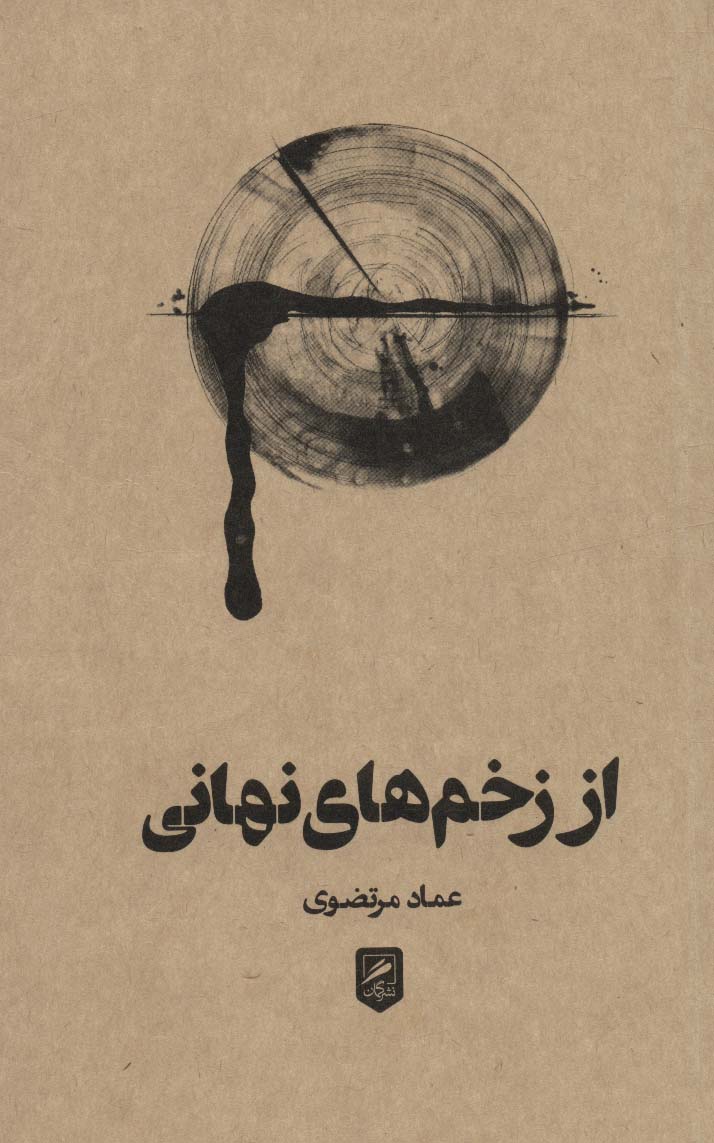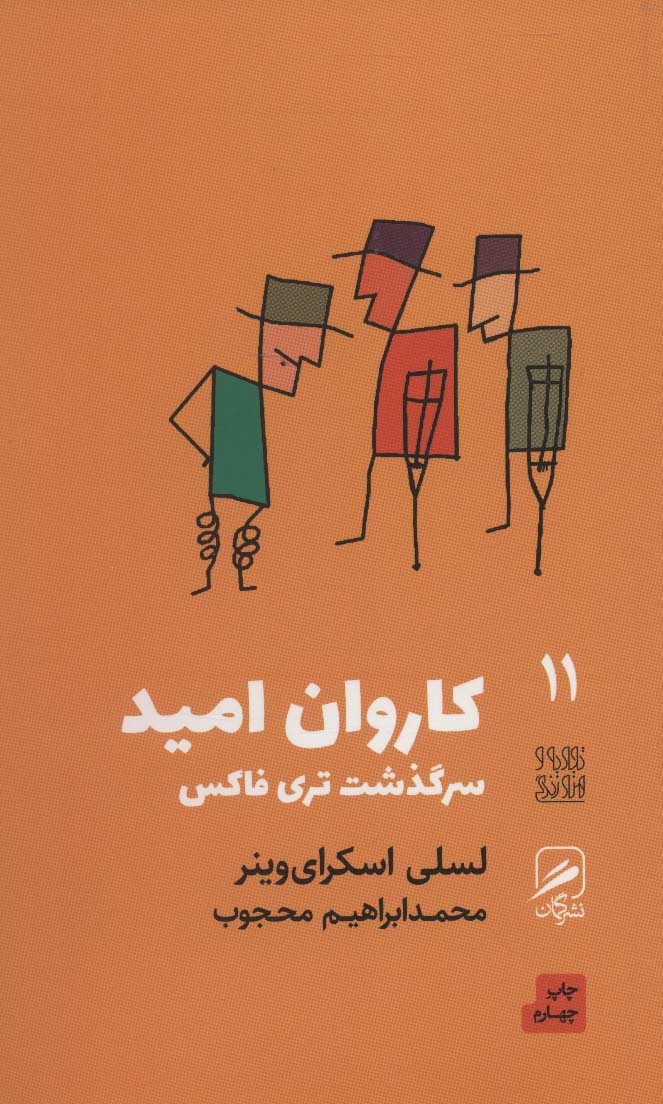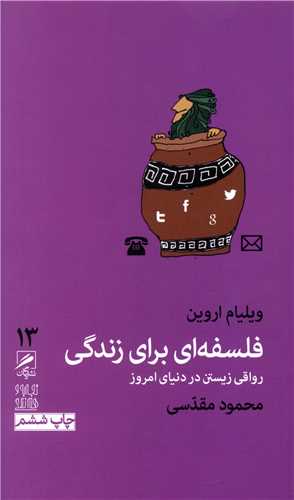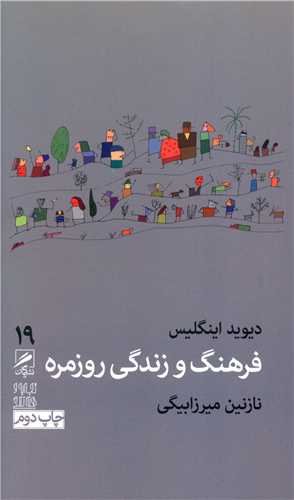Pirūst 'alayh-i zivāl (zindigī nigārah'hā 5): Persian 1401
پروست علیه زوال (زندگی نگاره ها 5)
17.39 $
Share
Wishlist
Original Title:
Proust contre la déchéance : conférences au camp de Griazowietz
ISBN:
9786007289983
Translator:
Shādī Nīk Rafʻat
Publisher:
Guman
Age Group:
Adult
Pages:
143
Weight:
101 g
Dimensions:
11 x 20 x 1.5 cm
Book Cover:
Paperback
This work is the manuscripts of speeches and speeches that Chapsky gave to his fellow camp officers about Proust. Someone who struggles in the cold nights of the camp to remember Proust's novel and tell it to his fellow prisoners. Prisoners of war, whose lives are close to death and nothingness, listen to the stories of the characters in Proust's novel. Chapsky describes various scenes of the novel with clever details and beautiful humor, and since he read the novel in French for the first time, he tries to narrate it in French. Two of the listeners agree to rewrite Chapsky's words, and the remaining two manuscripts will be turned into the upcoming work thanks to Chapsky's efforts.
An excerpt from the book
Every artistic masterpiece is deeply connected in some way with the life of its creator. This connection is especially evident in Proust's work and perhaps even more fundamental. The basis of the novel in search is actually a creative interpretation of Proust's life; The main hero of the novel writes the story with the pronoun "I" and page after page is like a novel of confession without veiling. Through the words of the book's main protagonist, we get to know a grandmother who loves and cares for her one-and-a-half-year-old grandchild, who shows signs of Proust's own mother; We get to know Baron de Charles, whose personality model in the real world is Baron de Montesquieu, one of the most prominent aristocrats of the world of the aristocracy of that time - famous for his showmanship and originality. Proust's novel is not at all a detailed account of world events in 1900, which is a manipulated, transformed, and recreated image of that world. The hero of the novel, like Proust, is sick, lives in the same environment as Proust, and like the young Proust, suffers from the inability to write and create. The protagonist's reaction to things is the same as Proust's, and his sensitivity is too much like him. Like Provost, he faces the tragedy of losing a loved one: his grandmother (which, of course, was the loss of a mother for Provost). And this sadness and sense of misfortune has a similar effect on the narrator and Proust - both of them feel that they are living in an unreal space and they think that the joys of life and its certain understanding are only possible through creation and creation: the only True life and the only authentic reality.
Proust's friends finally saw him in the eyes of a writer who found his way, in the eyes of a mature man; The sharpest of them had discovered his greatness and genius at the same time...
more
این اثر دست نوشته های حرف ها و سخنرانی هایی است که چاپسکی درباره ی پروست برای افسرهای هم اردوگاهی اش ارائه می داد. کسی که در شب های سرد اردوگاه تقلا می کند رمان پروست را به یاد بیاورد و برای رفقای دربندش تعریف کند. اسرای جنگی که زندگی شان قرین مرگ و نیستی است به قصه ها و سرگذشت شخصیت های رمان پروست گوش می سپارند. چاپسکی صحنه های جور واجور رمان را با جزئیاتی هوشمندانه و طنزی زیبا تعریف می کند و چون اولین بار رمان را به فرانسه خوانده است، سعی دارد آن را به فرانسه روایت کند. دو نفر از شنوندگان قبول می کنند حرف های چاپسکی را بازنویسی کنند و دو دست نوشته باقی مانده از آن ها به همت چاپسکی به اثر پیش رو تبدیل می شود.
گزیده ای از کتاب
هر شاهکار هنری عمیقا به نحوی از انحا با زندگی خالقش پیوند دارد. این پیوند خاصه در اثر پروست مشهودتر و شاید بنیادی تر نیز باشد. بن مایه ی رمان در جست و جو به واقع برداشتی خلاقانه از زندگانی پروست است؛ قهرمان اصلی رمان داستان را با ضمیر «من» می نویسد و صفحه به صفحه ی رمان انگاری اعتراف و اقرار است بی هیچ پرده پوشی. از زبان قهرمان اصلی کتاب، با مادربزرگی آشنا می شویم عاشق و مراقب نوه ی یکی یک دانه اش، که بی برو برگرد نشان از مادر خود پروست دارد؛ با بارون دو شارلوس آشنا می شویم که الگوی شخصیتش در عالم واقع بارون دو مونتسکیوست، یکی از برجسته ترین آریستوکرات های دنیای اشراف آن زمان- شهره به شوکت و اصالت. رمان پروست اصلا نه شرح موبه موی وقایع جهان در 1900، که سرتاسر تصویر دست کاری شده، دگرگون و بازآفرینی شده ای از آن جهان است. قهرمان رمان، مثل پروست، گرفتار بیماری ست، در همان محیطی زندگی می کند که پروست، و مثل پروست جوان از ناتوانی در نوشتن و آفرینش رنج می برد. واکنش قهرمان داستان به امور عین واکنش های پروست است و حساسیتش هم همچون او زیاده از حد. او هم مثل پروست با مصیبت فقدان عزیزی مواجه می شود: مادربزرگ (که البته برای پروست فقدان مادر بود). و این اندوه و حس نگون بختی بر راوی و پروست تاثیری مشابه می گذارد- هر دو حس می کنند در فضایی غیرواقعی به سر می برند و به گمانشان لذت های زندگی و درک مسلم آن تنها به واسطه ی آفرینش و خلق میسر می شود: یگانه زندگی راستین و تنها واقعیت اصیل.
دوستان پروست بالاخره او را به چشم نویسنده ای که راه خودش را پیدا کرده، به چشم مردی پخته دیدند؛ تیزبین ترین هاشان همان وقتش هم پی به عظمت و نبوغ او برده بودند…
more

